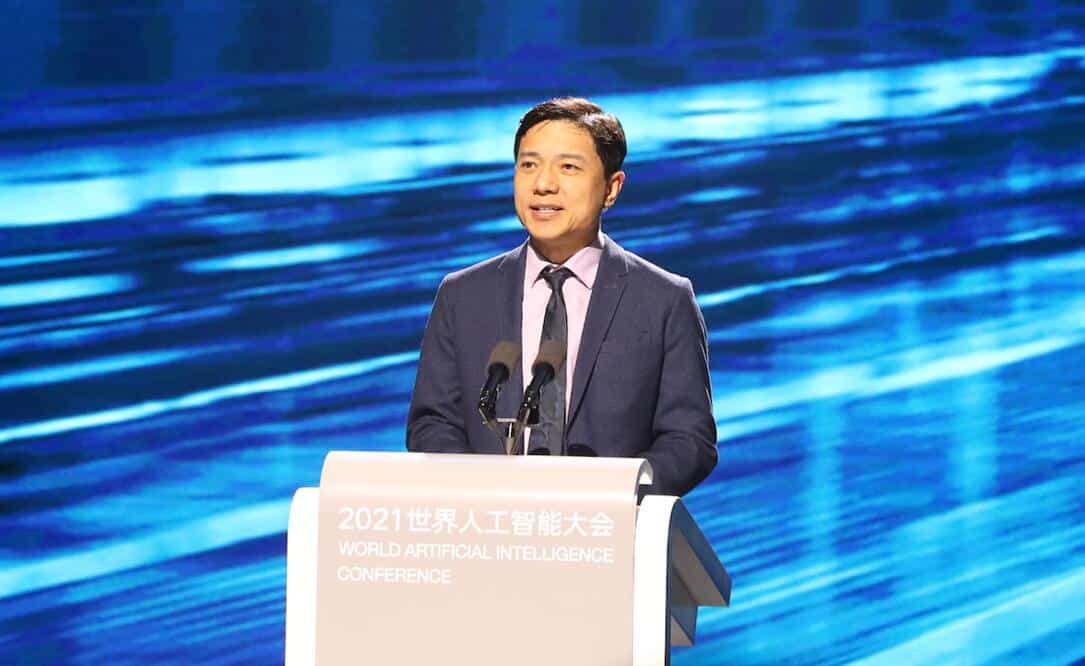Baidu's smart car is in rapid development and the company expects to launch a more robot-like car within 2-3 years, said Robin Li, the company's founder, chairman, and CEO.
Li said at the 2021 World Artificial Intelligence Conference that Baidu has a different perception of smart cars than many people in the auto industry.
"Many people now think of a car like a big phone, and others think of a car as a computer with four wheels," he said.
"We feel that smart cars will be more like smart robots in the future, or vice versa, which means that the mainstream direction of robots in the future will be more like a smart car," he explained.
Li believes that AI will be a transformative force that will influence human development over the next 40 years and Baidu has been preparing for this change for many years.
Not long ago Baidu launched Apollo moon, a new generation of the shared unmanned car, with the goal of making travel cheaper than the current online taxi, he said, adding that in the next 2-3 years Baidu plans to fully open the shared unmanned car service to 30 cities in China.
In terms of car building, Baidu set up Jidu Auto this year, which will build its first model based on Geely's platform.
During Baidu's Q4 2020 earnings call on Feb. 20, Li mentioned that Baidu plans to launch a new smart electric car in the next three years.
Jitu Auto's first model is priced at more than RMB200,000 ($30,884), with a near-production model concept to be unveiled at the 2022 Beijing Auto Show, Xia Yiping, the company's CEO, said last month.
In late April, Xia said the company's products are planned in "series," with a new car launched every 1-1.5 years. Based on that kind of speed and investment, it's expected to be RMB50 billion in the next five years.
Car design has been underway since February of this year, and the first self-developed and designed electric car will be unveiled at next year's auto show, Xia said.
All of Jidu Auto's cars will have L4 autonomous driving capability, but whether that capability is fully unlocked is subject to future regulations, Xia said.

